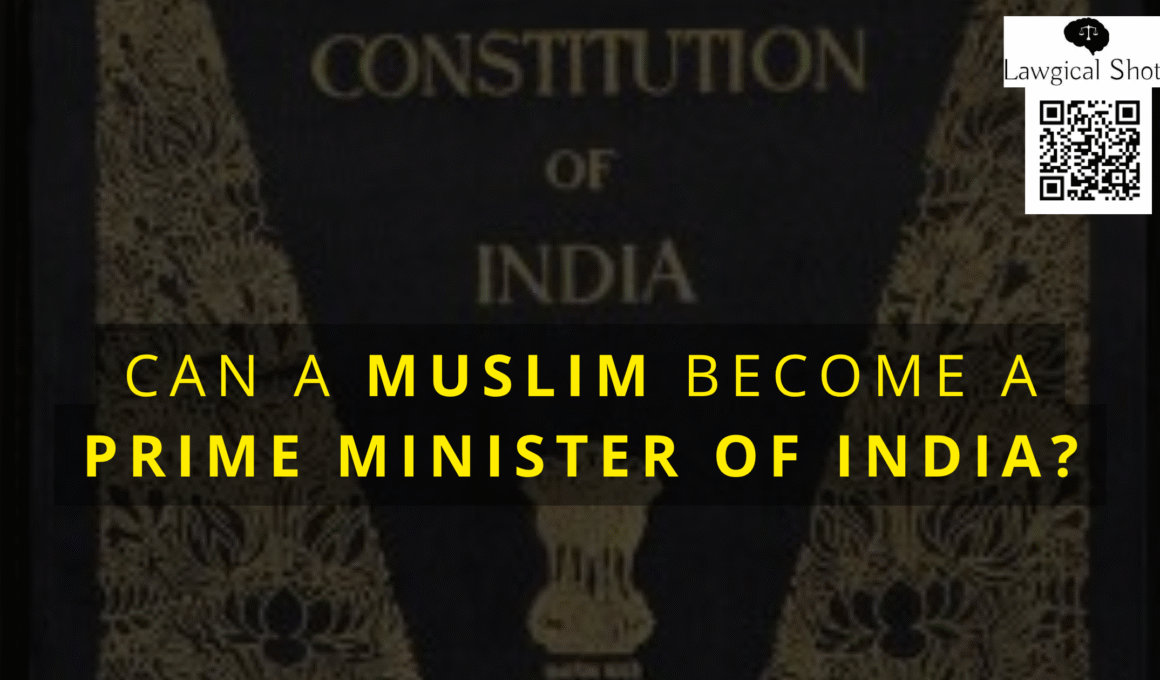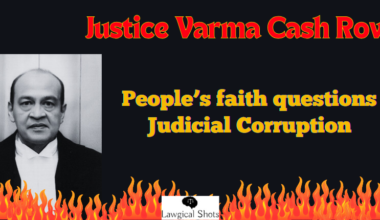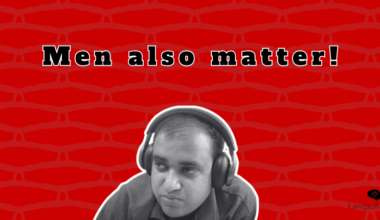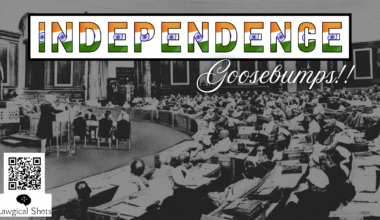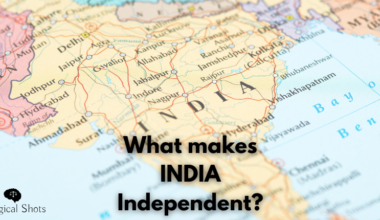While casually searching for something, I came across this question – Can a Muslim become a Prime Minister of India? The answer was very clear in my mind because I have read the Constitution. I have also read the specific Constitutional provisions which answer the question of who can be the Prime Minister of India. But, after coming across the initial question – Can a Muslim be a Prime Minister of India according to the Constitution, it was hard to ignore. Therefore, I believe it needs to be answered from all angles. It is important to understand the eligibility for Prime Minister of India, and whether someone can be chosen for a Constitutional Chair based on their religion. Let us understand the technicalities, and where this doubt is coming from.
Can a Muslim become an Indian PM? – Why this question?
India has been the land of diverse religions and cultures. However, religious polarisation has more often than not affected peace and harmony in our country. While people from religious faiths have lived together for years, a lot of people allege that the discriminatory reflection has become more common in recent years. Google searches show a lot of people asking the question, and various platforms discussing the query.
When scanned through the history for former Prime Ministers of India (pmindia.gov.in), it can be seen that there is no PM name from Muslim community in India. Speaking of non-Hindus, only former PM Dr. Manmohan Singh has been the only Sikh Prime Minister. There has been no Christian PM as well. Speaking of Parsi Muslim ancestry of Gandhi family, the Brahmin claims somewhat complicate the riddle.
In any case, it seems the question came up for consideration because of the history. Now, it is important to see whether there is any legal obstruction on a Muslim becoming a Prime Minister of India.
Can a Muslim become a Prime Minister of India according to the Constitution?
Looking at the Constitution of India, Articles 74 and 75 state about appointment of the Prime Minister and other Ministers by the President. Further, the Council of Ministers is headed by the Prime Minister of India. In order to be elected as a Prime Minister being the leader of the majority of elected members, the eligibility for becoming a Member of Parliament should be fulfilled. As per Article 84, a person should be:
- A Citizen of India;
- Of age not less than 30 years (for Council of Ministers/ Rajya Sabha) or age not less than 25 years (fore House of People/ Lok Sabha);
- possesses other qualifications as prescribed by the Parliament or under any law made.
Here, it can be seen that there is no mention of religion of the person being appointed a Prime Minister. So, what do you think? Can a Muslim become a Prime Minister? Well, the Constitution does not deny. The Constitution does not expressly state the religion of the Prime Minister candidate. Thus, who becomes a Prime Minister is a political party’s internal matter.
Muslim President but not Prime Ministers?
Since we looked at the history to explore whether a Muslim has been a Prime Minister, it popped in mind to check whether a Muslim has been a President. Looking at former Presidents of India, the answer is very much YES! Be it Dr. APJ Abdul Kalam, Dr. Fakhruddin Ali Ahmed, or Dr. Zakir Husain, all have been Muslim Presidents who served the nation and are remembered for their work and prominence (presidentofindia.gov.in).
Constitutionally speaking, Who can be the President of India is expressly answered under Article 58. Again, there is no religious barrier, but for citizenship, age and qualification for membership of the House of People. Thus, a Muslim can become a President of India, then why would a Muslim Prime Minister be an obstruction?
Religious Discrimination – A Big NO!
While the discussion pertains to “Can a Muslim become a Prime Minister of India?”, it is important to have a look at Fundamental Rights. Article 15 of the Indian Constitution prohibits discrimination based on religion, race, caste, sex or place of birth. In other words, the State cannot discriminate against any citizen based on religion and other grounds. While the State cannot subject its people to disability, liability, restriction or condition based on religion and other grounds regarding use of wells, etc. and access to shops, etc., how could the Prime Minister’s office be an exception?
Inference
Now, after scanning through the roots of the question, Constitutional provisions, former Prime Ministers and Presidents, and the fundamental rights, one thing is clear – There is no religious discrimination for becoming a Prime Minister of India. However, it is crucial to understand that Party autonomy plays a vital role in deciding the leader of this country. That is a strategic aspect, and religious polarisation has been a topic of prominent discussion during elections, since times immemorial. Hence, whether a Muslim becomes a Prime Minister of India in future, depends upon the will of major political parties.
